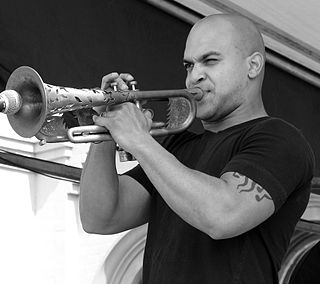A Quote by Jean Baudrillard
As the end of the century approaches, all our culture is like the culture of flies at the beginning of winter. Having lost their agility, dreamy and demented, they turn slowly about the window in the first icy mists of morning. They give themselves a last wash and brush-up, their oscillated eyes roll, and they fall down the curtains.
Related Quotes
A lot of native culture has been destroyed. So you already feel lost inside your culture. And then you add up feeling lost and insignificant inside the larger culture. So you end up feeling lost squared. And to never be recognized, to never have any power, you know, other minority communities actually have a lot of economic, cultural power.
The assumption that the larger culture agrees with Christians on values issues led to evangelicals' minimizing the theologically distinctive aspects of Christian witness. It also set up evangelicals to be disappointed when the culture did not turn out the way many expected it to turn out. So our response ought to be that we are always, in every culture, strangers in exile.
All of us somehow felt that the next battleground was going to be culture. We all felt somehow that our culture had been stolen from us-by commercial forces, by advertising agencies, by TV broadcasters. It felt like we were no longer singing our songs and telling stories, and generating our culture from the bottom up, but now we were somehow being spoon-fed this commercial culture top down.
At the beginning of my career as a writer, I felt I knew nothing of Chinese culture. I was writing about emotional confusion with my mother related to our different beliefs. Hers was based in family history, which I didn't know anything about. I always felt hesitant in talking about Chinese culture and American culture.
And this tenderness was not like That which a certain poet At the beginning of the century called true And, for some reason, quiet. No, not at all? It rang out, like the first waterfall, It crunched like the crust of bluish ice And it prayed with a swanlike voice, And it broke down right before our eyes.
The real controversy comes with anthropologists - not all, but some - who see themselves as studying culture, and they then see culture from the perspective of humans, which is what they study. From their perspective, or, from some of their perspectives, it's sort of heresy to even talk about culture in any other animal. Others would say, "Yeah, you can talk about it, but our definitions of culture are so utterly different from yours and include things like values, and so on, which you've never shown to exist in any of these other creatures."
I don't think there is a 'gay lifestyle.' I think that's superficial crap, all that talk about gay culture. A couple of restaurants on Castro Street and a couple of magazines do not constitute culture. Michelangelo is culture. Virginia Woolf is culture. So let's don't confuse our terms. Wearing earrings is not culture.





































